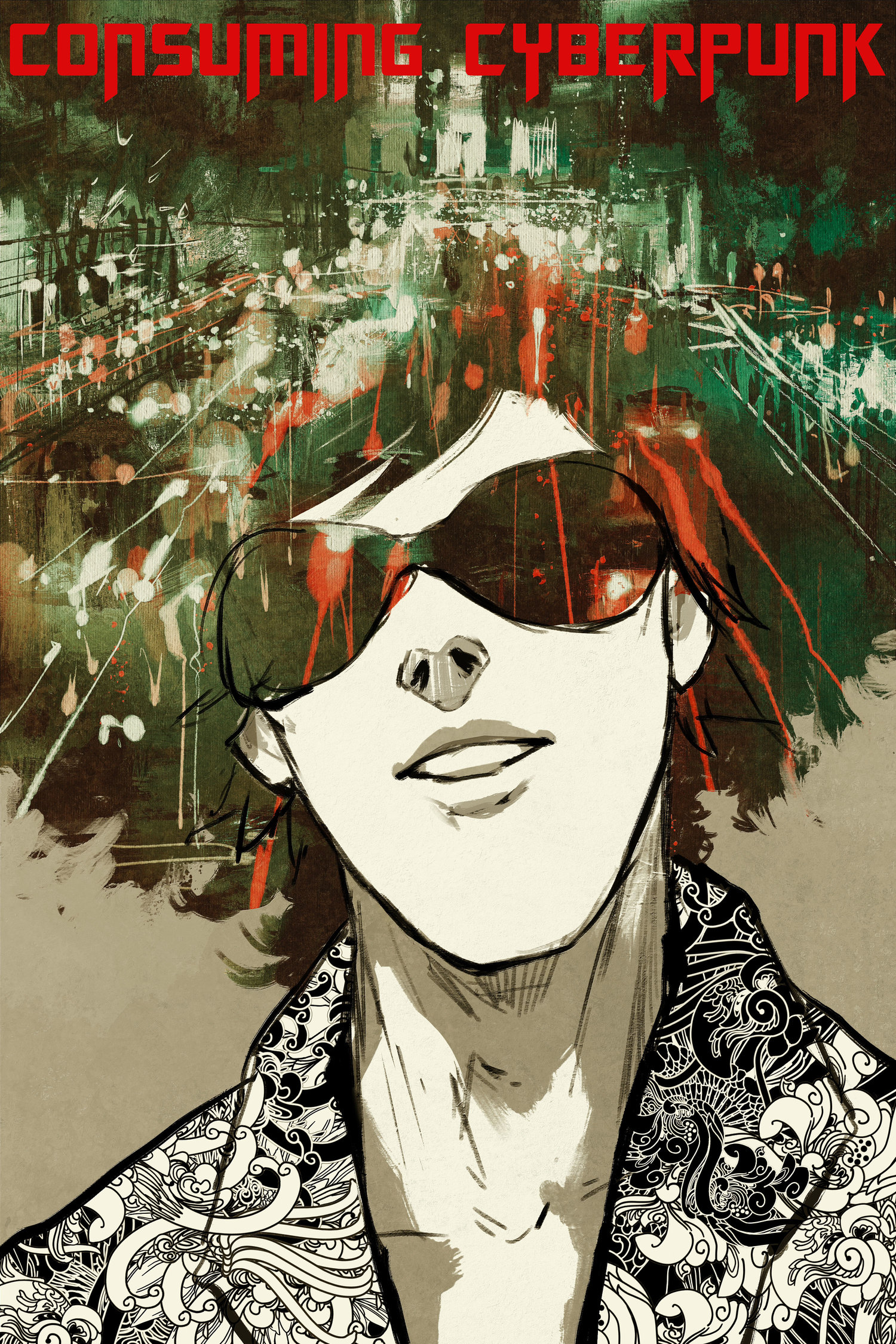Leaving Default In Walkaway
If a paycheque could change your life, do you think they'd let you have one?
Walkaway is a book about many things but fundamentally this is what it wants you to think about, the rest is a thought experiment viewed from a few different characters' eyes. On paper, this book does everything I want from a post-cyberpunk book, including callbacks to first wave cyberpunk books.
Making other people feel like assholes was a terrible way to get them to stop acting like assholes.
Hubert Vernon Rudolph Clayton Irving Wilson Alva Anton Jeff Harley Timothy Curtis Cleveland Cecil Ollie Edmund Eli Wiley Marvin Ellis Espinoza is feeling the woes of the generation gap when he and his best friend, Seth, go to a Communist party. Just as a rich, young future “zotta” (essentially boiling down to those people who are the rich 1%, controlling the world) by way of a hefty inheritance drops some millennial knowledge about how their generation is attempting to resist the system, the authority shows up and exercises excessive force to remove them from the abandoned premises; setting the trio on a path that has them walk away from society.
I’m suspicious of any plan to fix unfairness that starts with ‘step one, dismantle the entire system and replace it with a better one,’ especially if you can’t do anything else until step one is done.
The book follows these main three, along with a couple more walkaways through a number of years of their lives, from their “schlepping” days, adapting to a lifestyle where people occupy the abandoned spaces away from what is referred to as default: the mainstream way of life folks typically go through across the world in this cyberpunk world that always feels not that far away. Sure, people have interface surfaces they intuit for computer functionality. Not yet a completely simulated reality but more of an augmented one, along with mecha and fabricating printers, the daily lives of people with technology has not diverted from ours. The day-to-day of the typical citizen is intact, creating a through line that the form of resistance everyone has in the structure of our civilization currently is held by everyone. The power structures come from the active participation in the citizens to abide and uphold it. The story reads like an ongoing thought experiment with this premise in mind, from young teens walking away to an even further future.
Everyone failed to live up to their own ideals. She wanted to fall short of the best ideals.
The “punk” in cyberpunk constantly needs to be reevaluated, because the punk movement has died does not mean there are no forms of resistance that would classify people as punks. Making the cyberpunk and post-cyberpunk genre far from dead as some people posit. This text is great at showing this and does so with as diverse a cast of characters as I've read. For this genre in particular though, I would say it exceeds expectations. There is good LGBTQ+ representation, a wide variety of relationships, and from a large number of backgrounds.
When I was your age, we didn't have an abandoned zones or free hardware designs. People without a place were homeless—vagrants, beggars.
Additionally, the text also explores simulated, digital minds that are simply called sims. They scan the person's mind and then attempt to run them on hardware. I say attempt because not all people take to being a digital human. This is also done well and explored more in-depth and in a more believable way than some science fiction. You can tell the author has been keeping up with current thinking on simulated selves and Artificial Intelligence.
Backup. A Perfect, perfectly seductive name for the scan and sim.
As I said, this story has most everything I look for in a cyberpunk story on paper. In practice, though, I couldn't help but feel like all of the things I wanted were boxes being ticked. Although the character work is far from poor, some the LGBTQ+ characters don't feel believable in a lived in-and-experienced kind of way. Sometimes rather than people, they are merely a lens. A much-needed one, but the dialogue ends up feeling stilted because of this frame. I think this is also close to unavoidable when you're exploring so many high concepts and need a way to articulate each viewpoint. The dialogue becomes the vehicle for large info dumps, particularly in the first half 50 pages where it isn't so much a story as a few people at a party telling you what post-capitalism is and why it is bad.
...we’re problems to be solved, not citizens. That’s why you never hear politicians talking about ‘citizens,’ it’s all ‘taxpayers,’ as though the salient fact of your relationship to the state is how much you pay.
Coupled with a couple reoccurring annoyances, this book ended up being one that I returned too without much enthusiasm despite its interesting themes. If I had to read “Hubert, etc.” One more time when no other characters last name was ever mentioned, for instance, I was going to throw the book against a wall. Luckily that's just for around 60 pages or so.
If you can make it through the info dumps, strange pacing, and the annoying cadence that I felt was there, you should end up being glad to have read it—as I am.
No matter how hard you try, the little fuckers always generation gap you.

